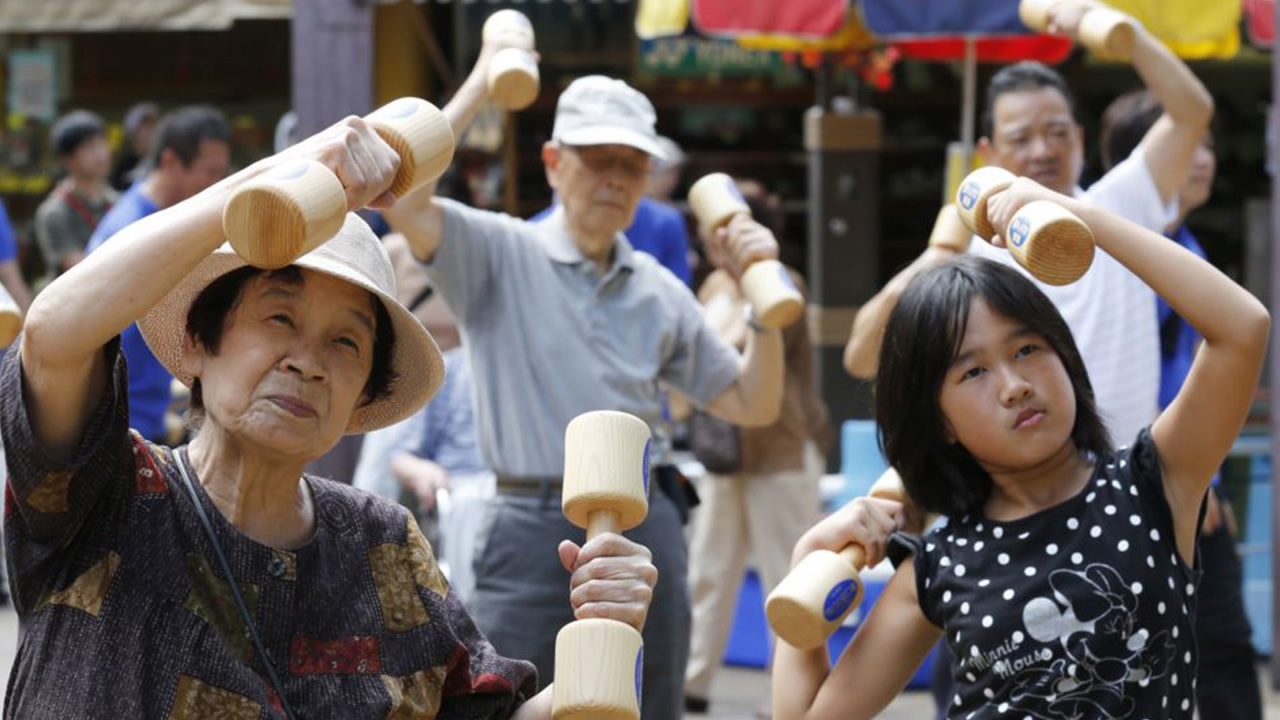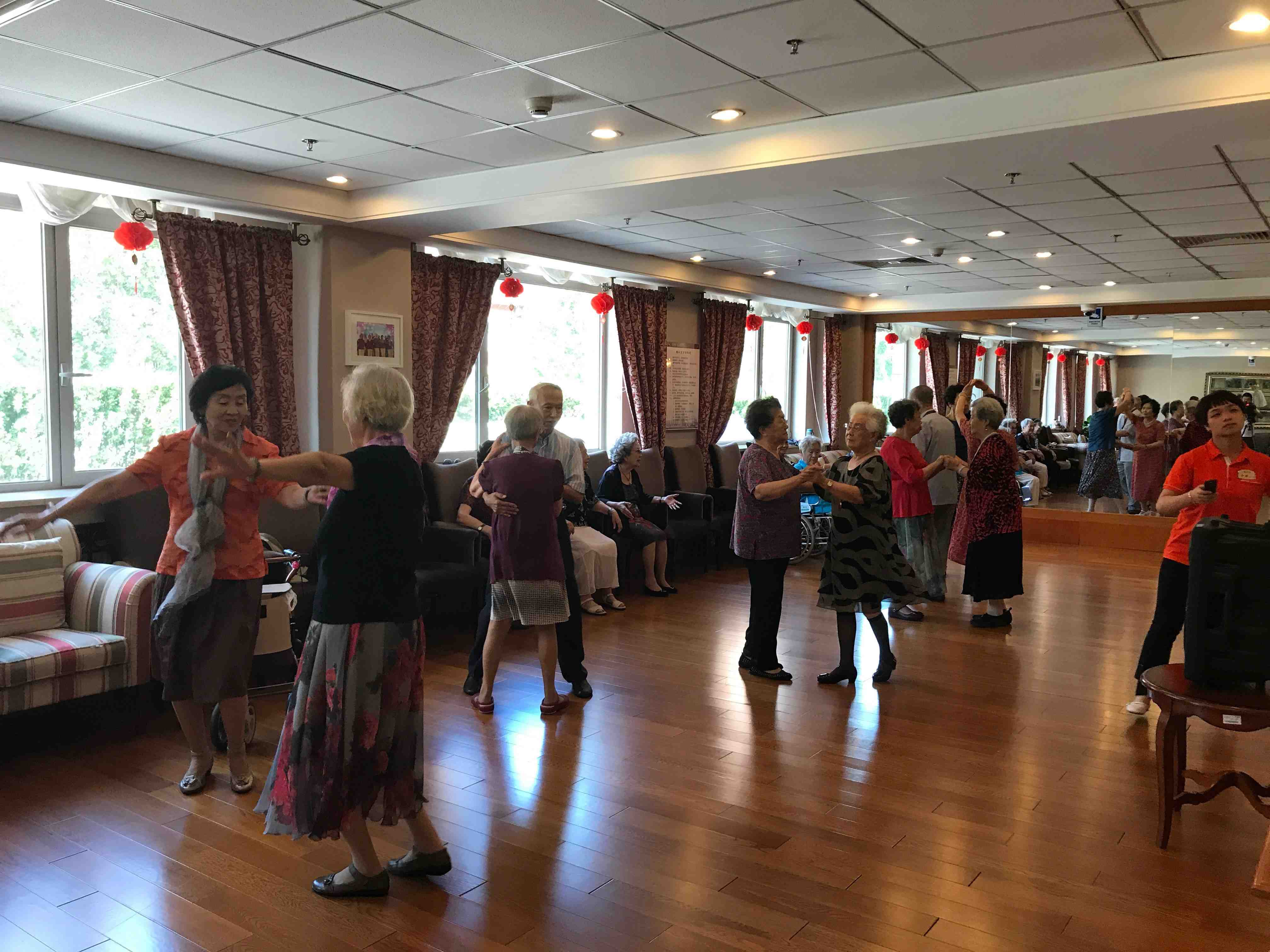
China
14:59, 10-Oct-2017
The Big Picture: China faces challenges of aging population
By CGTN's Hou Na

92-year-old Xiong Douyin says he never thought he would be living in a nursing home. He came from a wealthy family and his son bought him a large house in downtown Beijing.
Xiong says he misses the old days when he spent quality family time with his son and granddaughter.
But his son's family moved abroad for work and education, leaving Xiong with a problem that money can't solve.
Now, he's been a resident in a nursing home for three years.

Xiong writing calligraphy, one of his daily routines in the nursing home where he lives. / CGTN Picture
Xiong writing calligraphy, one of his daily routines in the nursing home where he lives. / CGTN Picture
Xiong says he felt a little uncomfortable when he first moved into the nursing home, but now with new friends, he finds he likes it.
More and more families in China face the same problem as Xiong's: Where to live when you get old.
According to the World Health Organization, nearly two billion people across the world are expected to be over 60 years old by 2050, more than triple the number in 2000.
Some of the world’s largest economies are already having to deal with increased health-care costs and higher pension pay-outs.

Xiong’s room at the nursing home. He’s granddaughters visited him quite often and stayed with him in the room./ CGTN Picture
Xiong’s room at the nursing home. He’s granddaughters visited him quite often and stayed with him in the room./ CGTN Picture
And China is getting old too.
According to the United Nations, it's aging more rapidly than almost any other country in recent history.
The UN says it will take China just 20 years for the proportion of the elderly population to double from 10 percent to 20 percent.
Just behind China is Japan, where that process took 23 years. By comparison, it took 61 years in Germany and 64 years in Sweden.

CGTN’s Hou Na wearing an aging suit to experience aging. The suit is used to train new staff at the nursing home. / CGTN Picture
CGTN’s Hou Na wearing an aging suit to experience aging. The suit is used to train new staff at the nursing home. / CGTN Picture
Professor Zheng Zhenzhen from the Chinese Academy of Social Sciences has been studying China's population issues for decades.
She points out that an aging population also means an aging labor force.
China may have the world's biggest population, but it isn't having enough babies.
The decades-old One-Child Policy was amended in early 2016 to allow all couples to have two children.

Elderly dancing at the nursing home. / CGTN Picture
Elderly dancing at the nursing home. / CGTN Picture
But at the same time, the government's population plan warns against too great an increase in the number of people in the country.
The fear is that food and water supplies, energy production and medical and public services won't be able to handle the strain that would come with a population explosion.
Zheng said the government should put the population issue into social and economic planning.

SITEMAP
Copyright © 2018 CGTN. Beijing ICP prepared NO.16065310-3
Copyright © 2018 CGTN. Beijing ICP prepared NO.16065310-3